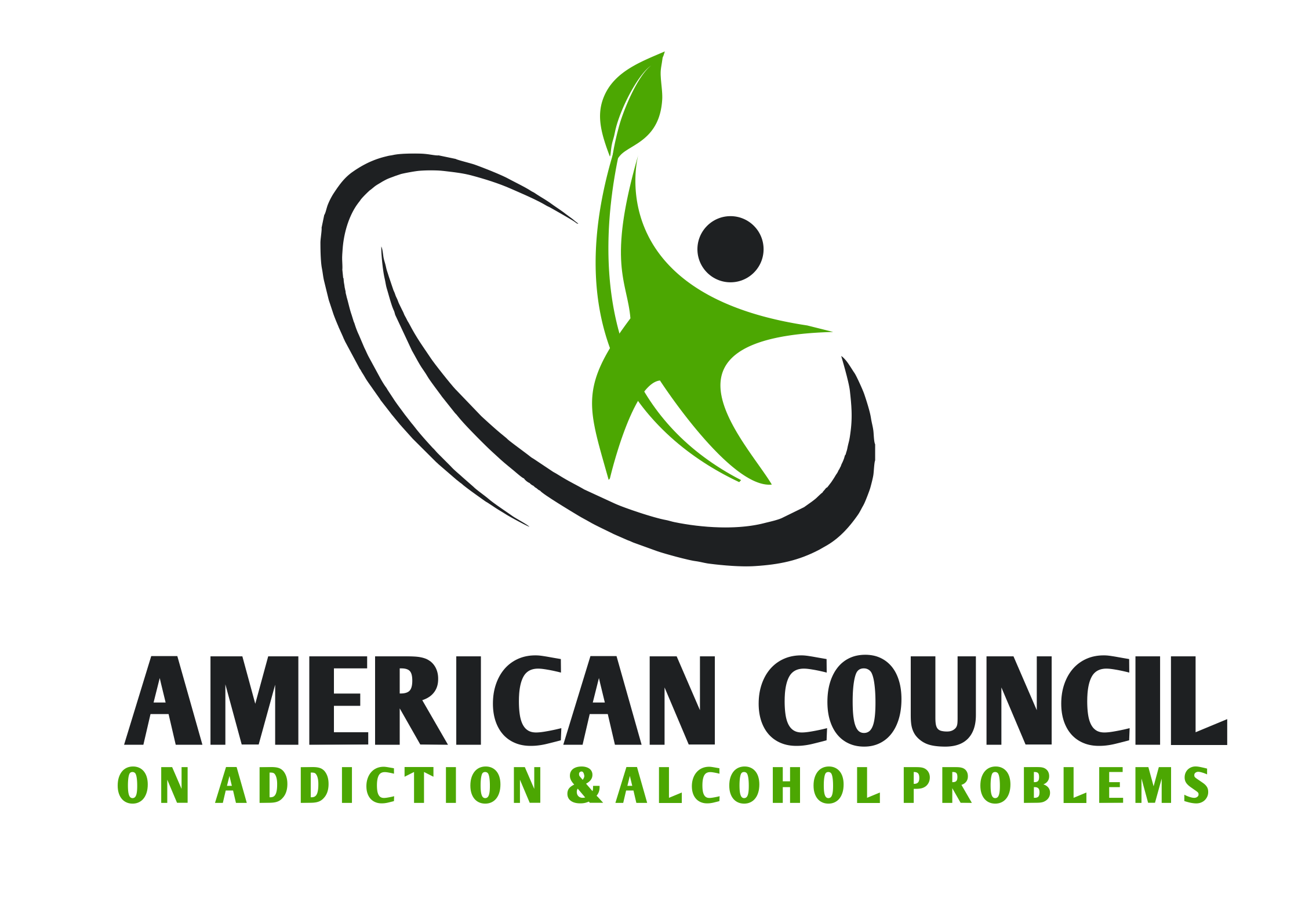FASD Information from SAMHSA
Under the previously funded FASD Center for Excellence, SAMHSA developed a number of publications and resources that continue to be available.Click here for Fetal Alcohol Syndrome data and statistics from the Center for Disease Control website.
From the National Organization on Fetal Alcohol Syndrome
Key Facts on Alcohol and Pregnancy
There is no safe amount or type of alcohol to consume during pregnancy. Any amount of alcohol, even if it’s just one glass of wine, passes from the mother to the baby. It makes no difference if the alcohol is wine, beer, or liquor (vodka, rum, tequila, etc.)
A developing baby can’t process alcohol. Developing babies lack the ability to process alcohol with their liver, which is not fully formed. They absorb all of the alcohol and have the same blood alcohol content as the mother.
Alcohol causes more harm than heroin or cocaine during pregnancy. The Institute of Medicine says, “Of all the substances of abuse (including cocaine, heroin, and marijuana), alcohol produces by far the most serious neurobehavioral effects in the fetus.”
Alcohol used during pregnancy can result in FASD. An estimated 40,000 newborns each year are affected by FAS, Fetal Alcohol Syndrome, or have FASD, Fetal Alcohol Spectrum Disorders, with damage ranging from major to subtle.
1 in 100 babies have FASD, nearly the same rate as Autism. FASD is more prevalent than Down Syndrome, Cerebral Palsy, SIDS, Cystic Fibrosis, and Spina Bifida combined. Alcohol use during pregnancy is the leading preventable cause of birth defects, developmental disabilities, and learning disabilities.
For more information click here to visit the NOFAS website.
